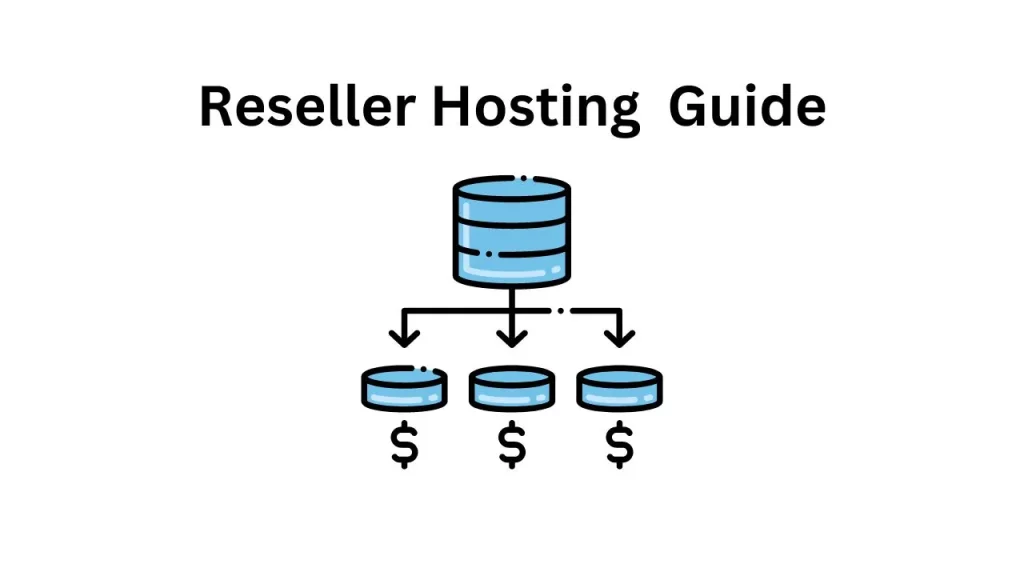In the ever-evolving landscape of Search Engine Optimization (SEO), domain names play a crucial role in determining a website’s visibility. Understanding the significance of domain names in SEO and the pivotal role of keywords within them is paramount for any online presence striving for success.

Understanding Keywords in Domain Names
Keywords, in the context of domain names, are specific words or phrases that reflect the content, purpose, or identity of a website. Their relevance directly impacts a website’s search engine ranking and visibility. Without relevant keywords, a domain name may struggle to attract targeted traffic, limiting its effectiveness in the online arena.
SEO Best Practices for Choosing Keywords in Domain Names
Researching Relevant Keywords
Utilizing keyword research tools and analyzing competitor domain names are essential steps in identifying relevant keywords. By understanding search trends and competitor strategies, one can gain valuable insights into selecting keywords that resonate with the target audience.
Choosing Primary and Secondary Keywords
Identifying the main focus of the website helps in selecting primary keywords, while secondary keywords provide additional coverage and enhance visibility across a broader spectrum. Considering user intent is key to aligning keywords with search queries, thereby catering to user needs effectively.
Incorporating Keywords into Domain Names
Placement of Keywords
Strategically placing keywords within the domain name is crucial for optimal SEO performance. While it’s essential to emphasize keywords, it’s equally important to maintain brand identity and readability. Balancing keyword prominence with brand identity ensures that the domain name remains memorable and relevant to the target audience.
Avoiding Keyword Stuffing
Maintaining natural language and readability is imperative to avoid keyword stuffing. A domain name should reflect the website’s content accurately without resorting to excessive keyword usage. By adhering to natural language principles, the domain name becomes more appealing to both users and search engines.
Domain Name Extensions and Keywords
Impact of Domain Extensions on SEO
The choice of domain extension can significantly impact SEO. Top-Level Domains (TLDs) relevant to the industry or location can enhance search visibility, while country-code TLDs are effective for localized targeting. Selecting the right extension aligns with the overall SEO strategy and reinforces the website’s relevance.
Strategies for Incorporating Keywords with Domain Extensions
Choosing relevant extensions for keyword-rich domain names is essential for SEO success. However, it’s crucial to strike a balance between branding and exact match domains. By considering the overarching branding strategy, one can create a cohesive online presence that resonates with the target audience.
Monitoring and Adjusting Keyword Strategies
Tracking Keyword Performance
Utilizing analytics tools to monitor SEO metrics provides valuable insights into keyword performance, ranking, and organic traffic. Regular assessment allows for timely adjustments to keyword strategies, ensuring sustained growth and visibility in search engine results.
Adapting to Changes in Search Algorithms
Staying updated with SEO best practices is vital in adapting to changes in search algorithms. By remaining vigilant and proactive, one can make necessary adjustments to domain names and overall SEO strategies, staying ahead of the curve and maintaining competitiveness in the online landscape.
Conclusion
In conclusion, the importance of keywords in domain names for SEO cannot be overstated. By adhering to best practices outlined in this article, website owners can optimize domain names for improved search visibility and ultimately drive organic traffic and engagement. Embracing a strategic approach to keyword selection and implementation is key to unlocking the full potential of domain names in the realm of SEO.
FAQs
- How do keywords impact domain name selection?
Keywords influence domain name selection by reflecting the content, purpose, or identity of a website, thereby enhancing its visibility in search engine results. - What role do domain extensions play in SEO?
Domain extensions play a crucial role in SEO by signaling relevance to industry or location, thereby influencing search engine rankings and visibility. - Is keyword stuffing advisable for SEO?
No, keyword stuffing should be avoided as it detracts from readability and may result in penalties from search engines. Maintaining natural language and relevance is key. - How can I monitor keyword performance?
Keyword performance can be monitored using analytics tools that track SEO metrics such as ranking, organic traffic, and user engagement. - What should I do if search algorithms change?
Adapting to changes in search algorithms requires staying updated with SEO best practices and making necessary adjustments to keyword strategies and domain names. - Should I prioritize branding or exact match domains?
While both branding and exact match domains have their merits, it’s essential to strike a balance that aligns with overall branding strategy while incorporating relevant keywords.


This application is very good. It is one of the best programs I have ever seen in my life. I really prefer it over other sites
بببعبتبزبزهبزبعبزببتب بتب بن بنب بنل بو لنب بنب بنلخل ب بنل بز ل ب بزبو لزؤخي. بزبه ب ينر بةي يزب. بتي برنيمصحصثعق ب خؤ ب